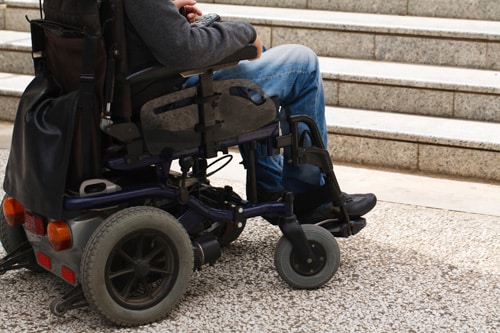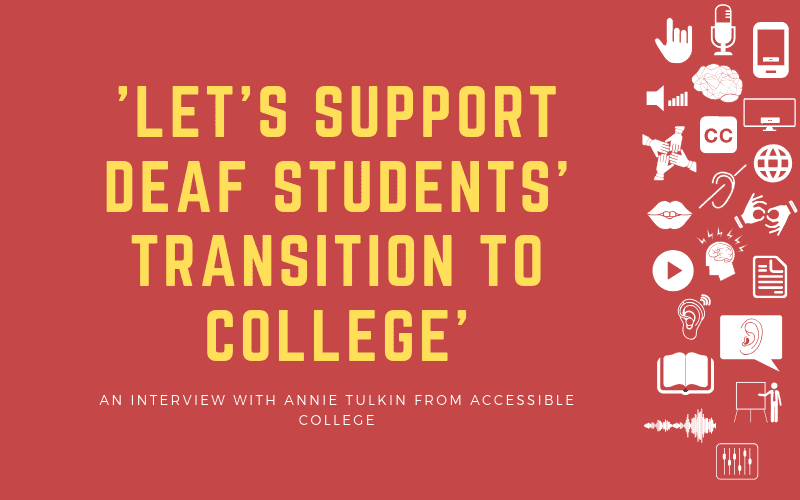LifeLink PSU is a special education program that supports students with disabilities in the State College Area School District (SCASD). The program is for students aged 18-21 and offers an opportunity to take classes at Penn State, learn social and technical skills, and focus on independence. In Pennsylvania, the maximum age that a student can be enrolled in public high school is 21, which means that many students with disabilities end up spending 8 years in the same spot, relearning similar skills and staying somewhat stagnant. By moving students out of their parents’ home and into a college environment, LifeLink offers students with disabilities a unique opportunity.

I’ve had several friends go through the LifeLink program, and all of them have high reviews. My friend Katie would talk about how excited she was to be in classes, and how she liked to get to live in an apartment without her parents. Other students I know from State High (SCASD’s high school) have used LifeLink as a transition. They’ll stay at home for 5 days a week and then go to the LifeLink apartment over the weekend. This way, they get to gradually adjust to a major life change and learn the ins and outs of college life before making a full commitment. Here’s a very relatable testimony from one of my friends, Abby: “At LifeLink I take Sign Language, Hip-Hop, Biobehavioral Health, and Women’s Studies classes. My classes are good except the ones that start at 9:05 a.m. It’s so easy to be late but my mentor and I always make it on time.”
LifeLink doesn’t accept everyone. Students have to be mature and show a desire to live in a community. It was always a great incentive for special ed teachers to use in their classrooms, as only the students who did their best and desired to grow would get into this life-changing opportunity.
Lifelink has many volunteers from the Penn State community, which is definitely something I hope to do while I’m a student here. They have 500 PSU Student Mentors which help with things from tutoring to recreational activities. Some of the disability-focused classes here require a service component, and LifeLink is a great way to help out. Volunteering schedules are very flexible and the program is always looking for new people! If you’re interested, you can call 814-865-8260 and ask about getting involved. Along with the volunteers, LifeLink also has 4 full-time learning support teachers.
LifeLink adds tremendous value to the entire Penn State community. It incorporates diversity into the classroom and provides opportunities for students with and without disabilities.

